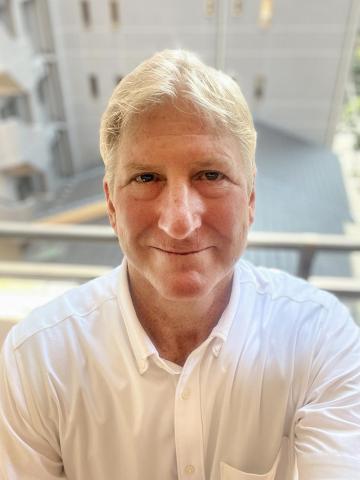Issue:

Ohayō, FCCJ
It’s morning at the Foreign Correspondents’ Club of Japan. The long, dark night of declining membership, cuts in services and senior staff turnover has ended.
Here are a few numbers that should have you reaching for your sunglasses: In April, revenue the club receives from renting out space for banquets and other events climbed to more than ¥3 million. That’s a 59% increase from April 2023 and more than triple the April 2022 figure. Better yet, it’s not a one-off gain. Room rentals for the six months ended April jumped to almost ¥13 million, compared with ¥9.7 million in the previous six months. Operational revenue, which includes everything from member dues and room rentals to the club’s share of sales from the Main Bar and rental fees for Masukomi Sushi, jumped by more than ¥8 million in the year ending in March.
New members surge
Perhaps the most important indicator that the club is at last turning a corner toward full recovery is new memberships. We added 19 new members in April, the highest monthly total in at least three years. This is probably the most gratifying number because it brings total members to more than 1,450, which means that the monthly membership number is up year-on-year for the first time in at least five years.
It would have been fun to spend a ton of money on new services, promotions and, even better, go on a hiring spree, aimed at luring in new members. But none of those options were even considered. A year ago, the club’s finances were sliding downhill fast. Our only options were to do more with less, which is exactly what we did.
Cost controls
The more than ¥8 million gain in revenue last year was accompanied by a ¥976,000 decline in costs for personnel – our biggest expense. The numbers show this turnaround is the product of hard work by the staff and careful, diligent planning by the board, rather than big spending.
While the sun is most definitely coming up on the fifth and sixth floors of the Marunouchi Nijubashi Building, it has much further to rise. The information economy is still changing in ways that favor online communications. That’s undermining the club’s historically powerful proposition as a place where news is made. It’s also continuing to mow down journalists as the industry keeps contracting. It is most definitely not morning in the business of journalism, and every step we take at the club has to recognize that.
Making it happen
Key initiatives driving our success over the past few months include:
Hiring Wayne Hunter as general manager on a performance pay system. Wayne’s proving beyond doubt that he’s exactly the right person for the job, going from strength-to-strength on the million and one details that go into running our club. Proof of that lies in the fact that he surpassed his bonus pay target in the very first quarter of employment at the club.
Converting retiring senior staff to performance pay contracts. Naomichi Iwamura and Masayuki Hattori know more about running the club than anyone on the planet. After decades of service, they were up for retirement, but decided to stay with the club and accept contracts that will ensure they make even more money when the club grows, or less if it doesn’t. Their diligence, dedication and teamwork with Wayne are already paying off in the form of surges in room rentals and new members.
New vendor for the Main Bar. ANA Catering’s steady improvements and professional approach are making it much easier for the club to plan banquets and other events and to consistently offer great food and reliable service. Improvements are continuous, as are cost-controls, taking a huge management burden off the board and regular staff at the club.
Cost controls: Out of ¥3 million in monthly spending that has been targeted for intensive scrutiny, we’ve been able to cut more than ¥550,000. And we’re just getting started. Within the next few months, we expect the total reductions to reach about ¥1 million. Moreover, this greater scrutiny sends a strong signal that we simply don’t spend money on anything that’s not absolutely necessary to improve services, attract new members and serve the club’s mission.
The coming noon
In the year ahead, we’ll have to continue to do more with less. Essential upgrades to our technology infrastructure will have to rely on support from generous donors, foundation grants and very carefully planned outsourcing for IT expertise.
We do plan to hire. If you’ve been around the club recently, you may have seen just how hard our staff works. Wayne has taken an all-hands-on-deck approach to deal with day-to-day labor shortages, even as the number of events we’re holding at the club grows. You will even see Wayne himself pitching in on any and every task to fill in whenever and wherever necessary.
This sense of urgency is what’s keeping us on track to achieve financial sustainability by June 2025, the goal I presented to the board almost one year ago in my first meeting as president. We shouldn’t expect growth every single month in the year ahead. There are bound to be a few downs with the ups. But the trend is quite clear and the people who are making it happen are just getting started!
Dave McCombs
President, FCCJ

